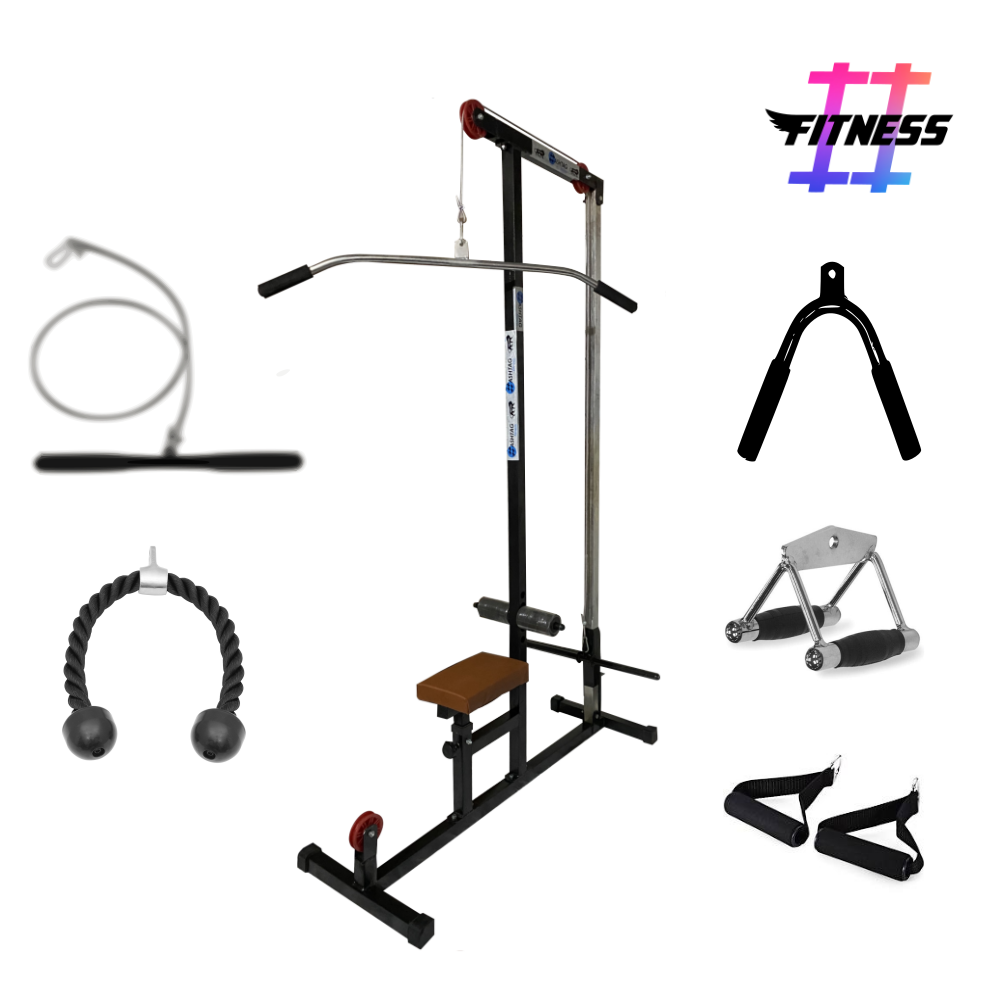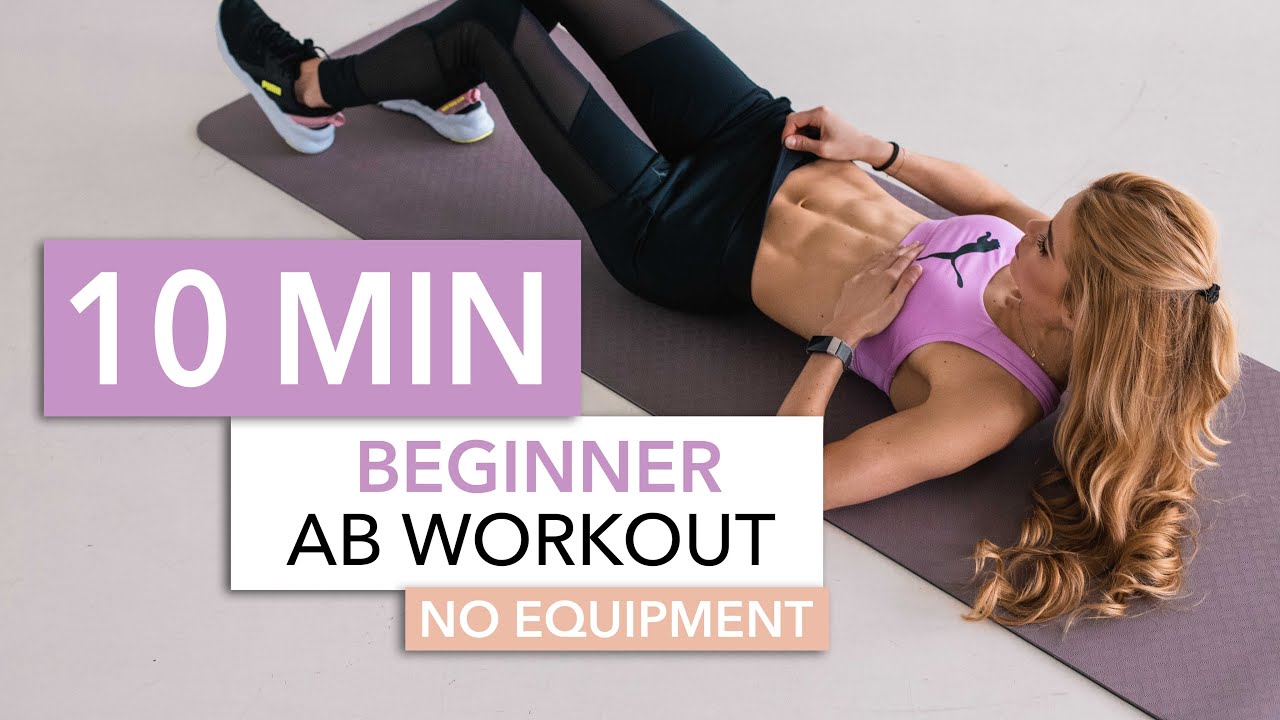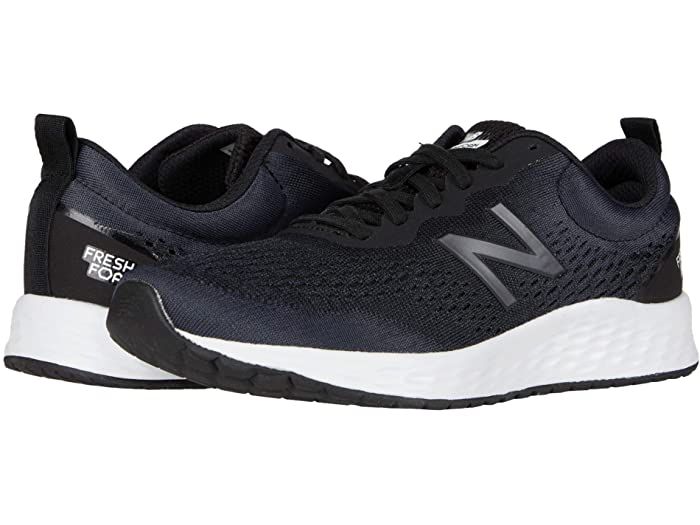
Resistance training exercises at home are great for a number of reasons. These include building muscle and strengthening your muscles as well as lowering your blood pressure. They have the added benefit of lowering blood pressure and increasing bone-building osteoblasts production. Start by choosing an exercise that you can fit into your daily schedule.
Strengthens muscles
A strong link between optimum health and muscle-strengthening exercises is found in the area of muscle-strengthening. Despite the obvious link, most adults don't meet the recommended exercise levels. Consequently, this area of research has received little attention, despite its importance for the prevention and treatment of chronic diseases. Future research should focus on standardizing assessment tools, developing devices for measuring muscle-strengthening exercise levels, and incorporating muscle-strengthening exercises into existing health surveillance systems.

Builds lean muscle
Strength training is a great method to build lean muscle. It will assist you in everyday tasks such as lifting boxes, carrying groceries and climbing stairs. It will boost your confidence and help you attain a more toned body. Before you start building muscle, it's crucial that you understand the basics of muscle building.
Lowers blood pressure
Research has shown that home resistance training can lower blood pressure. These exercises focus on the whole body and lower arterial bloodpressure. However, these exercises can have adverse side effects. One of these adverse effects is an increased sympathetic tone.
Stimulates osteoblasts
To increase bone mass and density, weight-bearing is the best option. This exercise causes the most stress to the bones and activates osteoblasts, which are bone-forming cells. This can lead to an increase in bone strength and mineral density, particularly for women.
Increases metabolism
Resistance training exercises can be very beneficial in increasing your metabolism and helping you reach your weight loss goals. They are also great for weight management and long-term weight control. Resistance training can be used to increase your muscle size and overall health. Your total energy expenditure can be affected by your resting metabolic rates (RMR). In fact, it accounts for 60-75% of your total energy expenditure when you are not exercising. Resistance training helps to burn fat and preserve muscle tissue.

Builds bone
Weight-bearing exercise builds bones by forcing the body's resistance to gravity. These activities can include walking, jogging, climbing stairs, playing tennis or dancing. It is important to include weight-bearing exercises for those with musculoskeletal issues such as arthritis. For strong bones, it is important to include at least 30 mins of weight-bearing exercise each day.
FAQ
What is Resistance Training?
Resistance training uses weights or other objects to perform certain movements. Lifting weights can strengthen your arms, shoulders and chest as well as your back, legs and core. Resistance training builds muscle mass, increases bone density, and promotes greater overall strength.
What does caffeine do to my sleep?
Caffeine can affect how quickly you fall asleep, and how well you sleep. Caffeine makes falling asleep easy by causing drowsiness. The downside is that caffeine keeps you awake longer making it harder for you to fall asleep again. Instead of drinking coffee or energy drinks just before bed, you might consider having them in the evening.
How exercise and nutrition can help to live a happier life
Exercise helps you to stay healthy, lose weight, gain muscle mass, and reduce stress. Nutrition is critical for energy and mood. For a longer life expectancy, reduce your intake of meat and alcohol, smoke less, and exercise regularly.
How many hours of sleep should I get every night?
The amount of sleep that is recommended for each individual depends on their age, gender and needs. Most adults need between 7 and 9 hours of sleep per night. Children and teenagers need 10 to 12 hours of sleep per night. As they age, however, this number falls.
Statistics
- In 2018, the World Health Assembly agreed on a global target to reduce physical inactivity by 15% by 2030 and align with the Sustainable Development Goals. (who.int)
- Globally, 28% of adults aged 18 and over were not active enough in 2016 (men 23% and women 32%). (who.int)
- In high-income countries, 26% of men and 35% of women were insufficiently physically active, as compared to 12% of men and 24% of women in low-income countries. (who.int)
- An estimated 110,000 deaths per year could be prevented (cdc.gov)
External Links
How To
How to motivate you to exercise regularly
A fitness routine is a series of exercises that are performed over a specified time period. It is a way to build muscle mass and tone the body. Regular physical activity improves cardiovascular health and reduces blood pressure, cholesterol levels, risk of heart disease and stroke, diabetes, depression, anxiety, stress, obesity, osteoporosis, and many other diseases. Regular exercise has psychological benefits as well. It improves self-esteem, self-confidence, mood, energy, sleep quality, social interaction, and self-confidence.
Why should you follow your own fitness plan?
To lose weight, improve your health, and become fit, you need to start a fitness program. What makes a fitness routine so important? Let's find it out!
What does it really mean to exercise?
It's about engaging in at least three physical activities per week. You don't necessarily have to spend hours doing this; just 30 minutes of exercise is enough to burn calories and keep you healthy. It is important to follow the plan. If you miss a day here and there, don't worry--just pick up where you left off next time.
How much time will I need to devote to my workouts?
Your level of busyness will determine how long it takes. For moderate exercise, it takes 20-30 minutes. However, if you're new to exercising, try starting slowly with five or 10 minutes first. After you get used to it, gradually increase the duration.